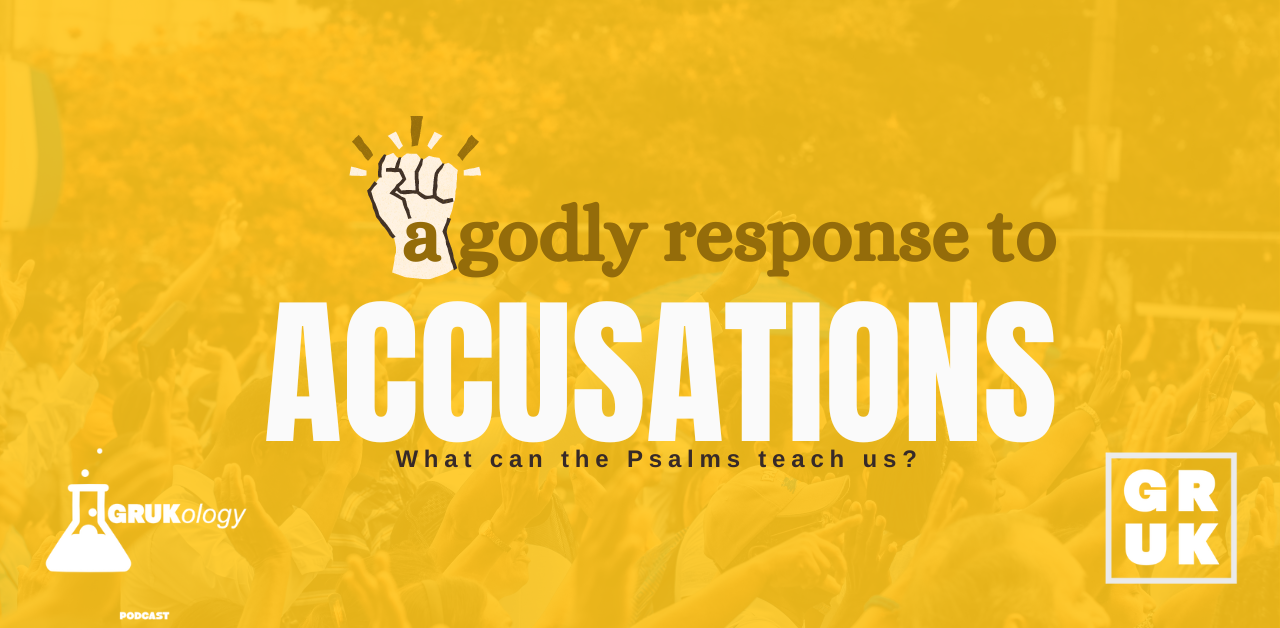Hatred & Grace
by Darren Moore
Hatred and Grace: What our responses to others say about our heart.
Blessed are those who are persecuted for righteousness’ sake, for theirs is the kingdom of heaven.
Blessed are you when others revile you and persecute you and utter all kinds of evil against you falsely on my account. Rejoice and be glad, for your reward is great in heaven, for so they persecuted the prophets who were before you. (Matthew 5:10-12, ESV)
As it happens, at the time of writing I am preaching through the Beatitudes. The quote above will be in two weeks. But, today I have seen an example of it (although that’s not exactly what I’m writing about). My old friend, Lee Gatiss, Director of Church Society, an organisation seeking to reform the Church of England, was asked to lead their official streamed service. Lee was inundated with hate mail and vile twitter posts. This one being particularly toxic:
Homophobic hate mongers like @LeeGatiss represent one of the major reasons increasingly few people bother with religion, especially the Abrahamic ones.
— James Blake (@BlakeKM) August 10, 2020
Homophobia = Death.
Homophobia causes abuse, violence and suicides. Homophobes deserve what they put out coming back at them.
According to Jesus, this is just what we should expect. Lee has been publicly reviled, misrepresented and there’s a vibe of violence to scare him and others off.
Here is why I find it interesting. What does it tell us about the twitterer? What comes out of our mouth, or twitter account, exposes what is in our hearts (Mark 7:14-23, Luke 6:45). No doubt the heart is far murkier. We may say, having seen the shocked faces, “I didn’t mean it”; but Jesus’ assessment tell us we really did, even if it’s news to us. So, what do these kind of comments expose?
What most annoys us is often what we do ourselves. It’s quite common to hear, if you have a Biblical view of marriage and ministry you are (as if it stands to reason) a ‘homophobic misogynist’. But is that how everybody responds? Clearly not. Most of us with these views have gay friends and family, friends ordained in mixed denominations and so on. All of whom we relate well to.
It is not how I respond to people who disagree with me. Someone may think: marriage is wrong, even oppressive; that home schooling is wrong, even damaging; that religion is dangerous, especially non-conforming Reformed types. And a number of other things that either describe what I think or do. I would not assume that such a person hated me, judged me, or even spoke ill of me. Why would I think that they would?
…unless, I harboured hateful thoughts about those whom I disagreed with.
This is the heart of the now well exposed illiberal liberal stance. Many of us hold to a certain set of morals. We do not expect everybody to agree. We ourselves cannot fully live up to them, which is why we celebrate the good news of forgiveness of all sin Christ brings. However, those who accuse us of hate, are not a-moral. They have a moral standard too, different at some points to ours, at a few they may be similar. But the difference is grace. Should we fail to meet with their moral standard at any point, well, at that point the tweet twitters for itself. No grace, no forgiveness, no love. And no hope for a better world, as they will never quite be able to bully everyone into submission. Sadly, they will give it a go.
















